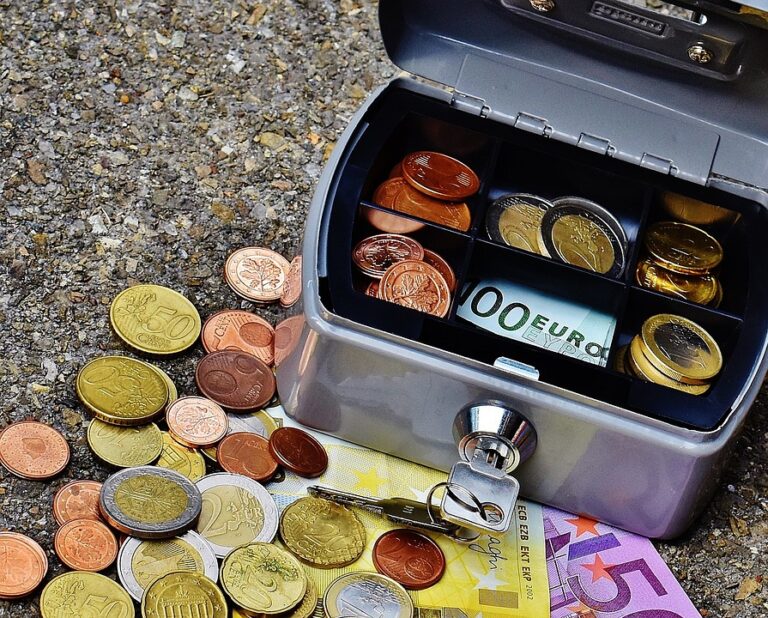Last updated Feb. 10, 2025 by Charles Zemub
When it comes to acquiring a vehicle, one of the critical considerations is whether to lease or buy. While both options have unique financial implications, this article focuses on understanding how leasing and buying a car affect your taxes. Vehicles are not only transportation tools but also significant investments. Thus, making the right choice can result in substantial tax savings.
Understanding the Basics
Leasing a Car
Leasing a car is essentially renting a vehicle for a specific period, usually between two to four years. You pay a monthly fee to use the car, and at the end of the lease, you return it to the dealership or buy it at a predetermined price. Leasing often requires lower upfront costs and monthly payments than buying.
Buying a Car
Buying a car involves purchasing the vehicle outright, either through financing or by paying cash. When you finance a car, you make monthly payments until the loan is paid off, after which you own the vehicle.
Tax Implications of Leasing vs. Buying a Car
Leasing and Taxes
-
Tax Deductions for Businesses:
- Lease Payments: Lease payments can be deducted as a business expense if the vehicle is used for business purposes. This means that if you own a business, you can deduct the leasing costs from your taxable income, lowering your tax liability.
- Mileage Deductions: Business-related miles driven in a leased vehicle can often be deducted.
- State and Local Taxes: These can be included in the monthly lease payment, potentially offering convenience and predictability.
- Depreciation:
- Leased vehicles do not depreciate in the traditional sense since you do not own them. Instead, the lessee benefits by not having to account for depreciation, which can be advantageous in regions with high vehicle depreciation rates.
Buying and Taxes
-
Tax Deductions for Businesses:
- Depreciation Deductions: When you purchase a vehicle, you are eligible to deduct the depreciation of the asset. This can be done through methods such as straight-line or accelerated depreciation, depending on the business’s accounting practices.
- Section 179 Deduction: Under IRS Section 179, businesses might be able to deduct the full purchase price of qualifying vehicles placed into service during the tax year. This can offer a significant immediate tax benefit.
- Bonus Depreciation: This allows businesses to deduct a substantial portion of the asset’s cost in the initial years.
- Personal Use Deductions:
- Interest Deductions: For individuals who itemize deductions, the interest on an auto loan might be deductible if the vehicle is used for business purposes.
Factors to Consider
Tax Bracket
Your tax bracket can significantly influence whether leasing or buying yields more favorable tax outcomes. Higher tax brackets benefit more from deductions related to leasing.
Usage Needs
Consider your vehicle use. Heavy mileage or extensive wear and tear can lead to additional charges at the end of a lease term, negating any potential tax savings.
Cash Flow
If keeping initial costs low is essential, leasing may be more reasonable financially. However, if long-term costs are a concern, buying might be more economical despite the higher upfront expenditure.
Long-term Financial Implications
-
Leasing:
- Lower monthly payments mean you can allocate funds elsewhere.
- You can regularly upgrade to newer models.
- Buying:
- You build equity in a vehicle asset.
- Eventually, you eliminate monthly payments.
Decision Time
To decide whether leasing or buying a car is better from a tax perspective, consider the factors mentioned above alongside your unique financial situation and needs. For many business owners, the decision can be complex, considering state-specific tax laws and individual financial strategies. Consulting a tax professional can provide tailored advice.
✓ Short Answer
Leasing a car often offers higher tax benefits for businesses due to deductible lease payments and potential mileage deductions. However, buying a car can provide substantial tax advantages through depreciation deductions and the Section 179 deduction. Ultimately, the better option depends on individual financial circumstances, tax bracket, and vehicle usage. Consulting a tax professional is advisable to maximize tax savings with either option.
FAQs
Q: Can you deduct lease payments on your taxes?
A: Yes, if the vehicle is used for business purposes, lease payments can often be deducted as an operating expense, reducing taxable income.
Q: What part of a car purchase is tax-deductible?
A: For business use, you might be eligible for deductions under depreciation, Section 179, and possibly interest on the auto loan.
Q: Are there tax benefits for leasing a car for personal use?
A: Generally, the tax benefits of leasing for personal use are minimal unless you have a home business or use the car significantly for business activities.
Q: What is the Section 179 deduction?
A: Section 179 of the U.S. internal revenue tax code allows businesses to deduct the full purchase price of qualifying equipment like vehicles, given specific conditions are met. This can reduce taxable income significantly.
Q: Is mileage important in tax consideration?
A: Yes, particularly if you lease, since excess mileage can result in extra charges, potentially affecting the financial and tax benefits of leasing.
Q: Should I consult a tax advisor when deciding between leasing and buying?
A: Consulting a tax advisor is highly recommended to understand the implications fully and to choose the option that provides the most favorable tax outcomes according to your specific situation.




